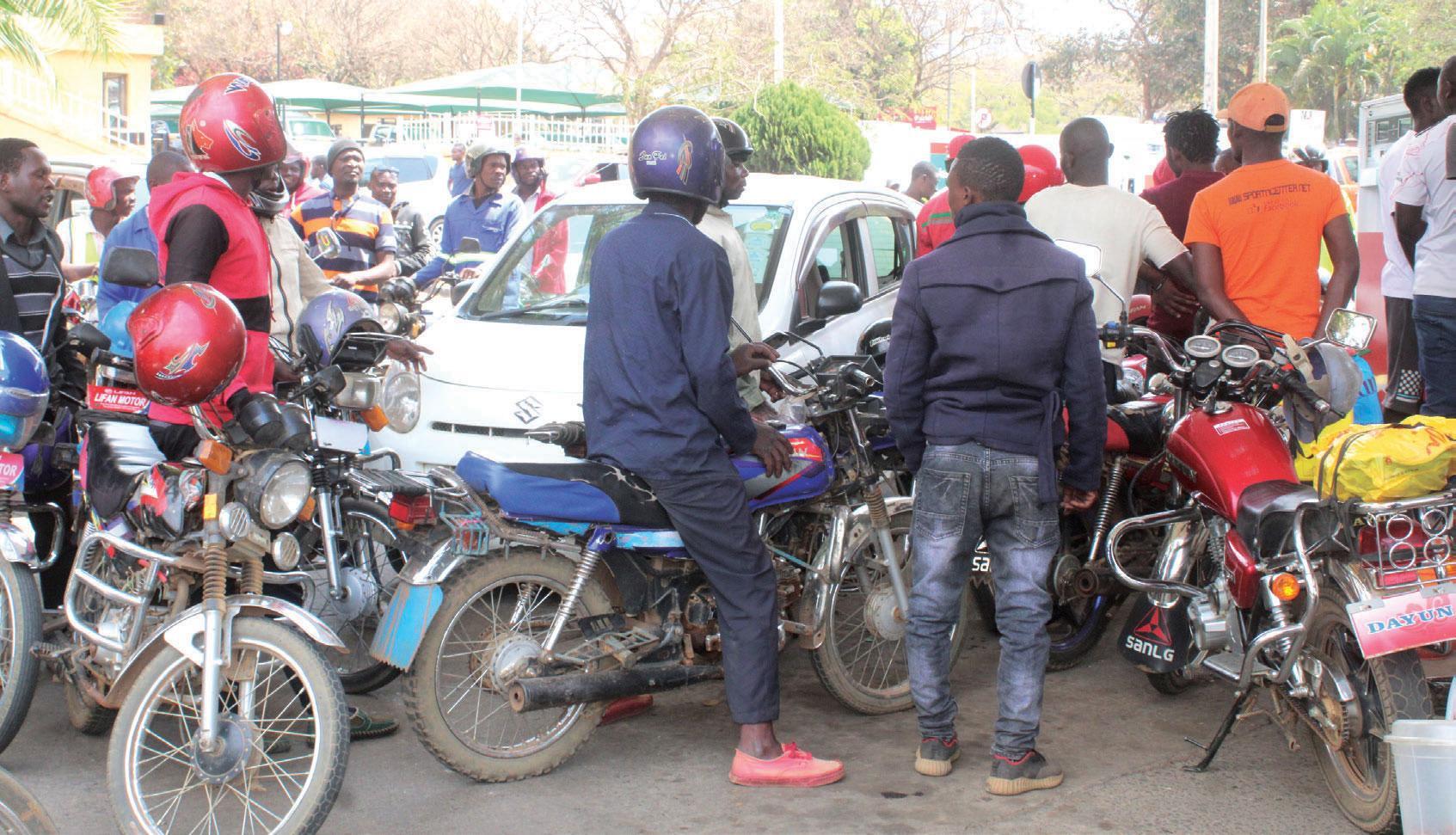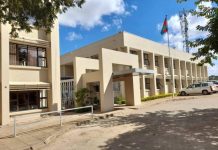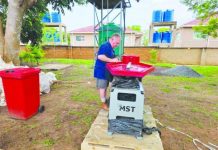By Brenda Kayo:
Africa-Press – Malawi. The Malawi Energy Regulatory Authority (Mera) has attributed the current fuel supply crisis in the country to rampant illegal vending, which is apparently shifting the commodity from designated selling points to the black market.
The fuel crisis has entered its third week, with motorists spending long hours at pump stations only to return home without fuel.
Our numerous spot checks in recent days have revealed instances where some motorists have resorted to engaging young people to watch over their vehicles after waiting in vain for fuel and ultimately deciding to return home.
There have also been cases where some motorists, particularly those riding motorcycles, have been returning to filling stations just minutes after refuelling, in instances where fuel arrives, raising suspicion that they are taking the commodity to the black market.
At a filling station in Nyambadwe, Blantyre, some motorists nearly manhandled a colleague they suspected had returned to buy fuel to sell elsewhere.
KACHAJE—Fuel in our neighbouring countries is priced higherAnd when appearing before the Industry, Trade and Tourism Committee of Parliament Tuesday, Mera Chief Executive Officer Henry Kachaje insisted that fuel supply was expected to stabilise last week.
“There have been fuel imports that would ensure a stable supply but it has been hijacked by vendors,” Kachaje said.
He was apparently defending an earlier assertion that supply would stabilise by the weekend.
Our checks have revealed that on the parallel market, a five-litre jerrycan of petrol was selling for around K35,000, whereas, under normal circumstances, people would pay approximately K13,000 for the same quantity at filling stations.
During the meeting with the lawmakers, Kachaje claimed that some filling station attendants collude with vendors, selling fuel meant for legitimate customers, which vendors then resell on the black market at inflated prices.
He further mentioned that the situation is worsening as vendors exploit price disparities, buying fuel in Malawi and selling it in neighbouring countries at a higher price.
“It is illegal for anyone to sell fuel at a higher price than the recommended rate. Whoever is doing this is breaking the law.
“Fuel in our neighbouring countries is priced higher than in our country, so vendors are taking advantage of this, buying fuel here in Malawi to sell it across the border. This is undermining our security efforts,” Kachaje said.
He has since urged law enforcement agencies to put an end to these malpractices.
Chairperson of the Parliamentary Committee on Industry, Trade and Tourism, Paul Nkhoma, noted that despite Mera’s assurances that efforts were underway to stabilise fuel supplies, Malawians continue to face hardships due to fuel scarcity.
Nkhoma added that Mera has failed to provide a clear timeline for resolving the fuel shortage crisis.
“They have assured us that they are making efforts to resolve the fuel crisis but they have not indicated when exactly.
“They say the required fuel has been imported, but there are some underground linkages that need to be resolved soon,” he said.
Meanwhile, economic commentator George Yiombe has agreed with Kachaje, saying the black market can lead to a fuel supply crisis, especially in a country that does not have a consistent and steady supply.
On the other hand, Yiombe said black market dealers drive up prices, making fuel less affordable for the general population.
“When fuel is diverted to the black market, legitimate sources may face shortages, causing disruptions in the supply chain.
“The presence of a black market can create big distortions in the fuel supply system, contributing to scarcity and affecting consumers,” he said.
Yiombe also warned that with the black market bypassing safety and regulatory standards, people’s lives could be at risk, as traders do not adhere to legal requirements regarding the handling of such products.
He referred to previous cases where some people have lost their lives after fuel bottles they were keeping in their homes caught fire, highlighting the safety concerns associated with the black market.
Over the weekend, three people, including a village head, died, while one received treatment at Nsanje District Hospital after a petrol bottle that they were keeping in their house burst into flames and burned them.
The incident occurred in Khungubwe Village, Traditional Authority Ngowe, in Chikwawa, from where the victims were rushed to Nsanje District Hospital, which is closer to their area.
Source: The Times Group
For More News And Analysis About Malawi Follow Africa-Press






